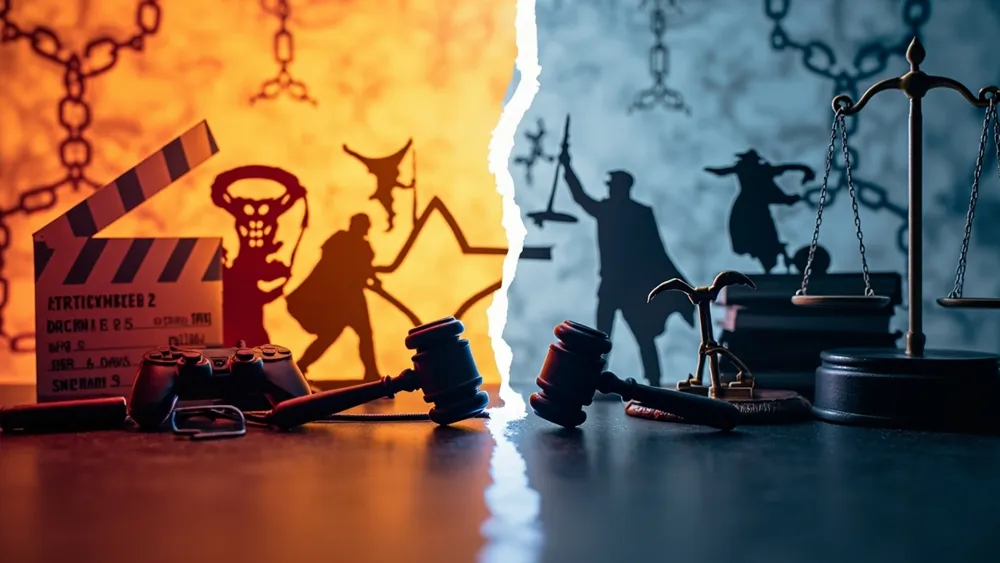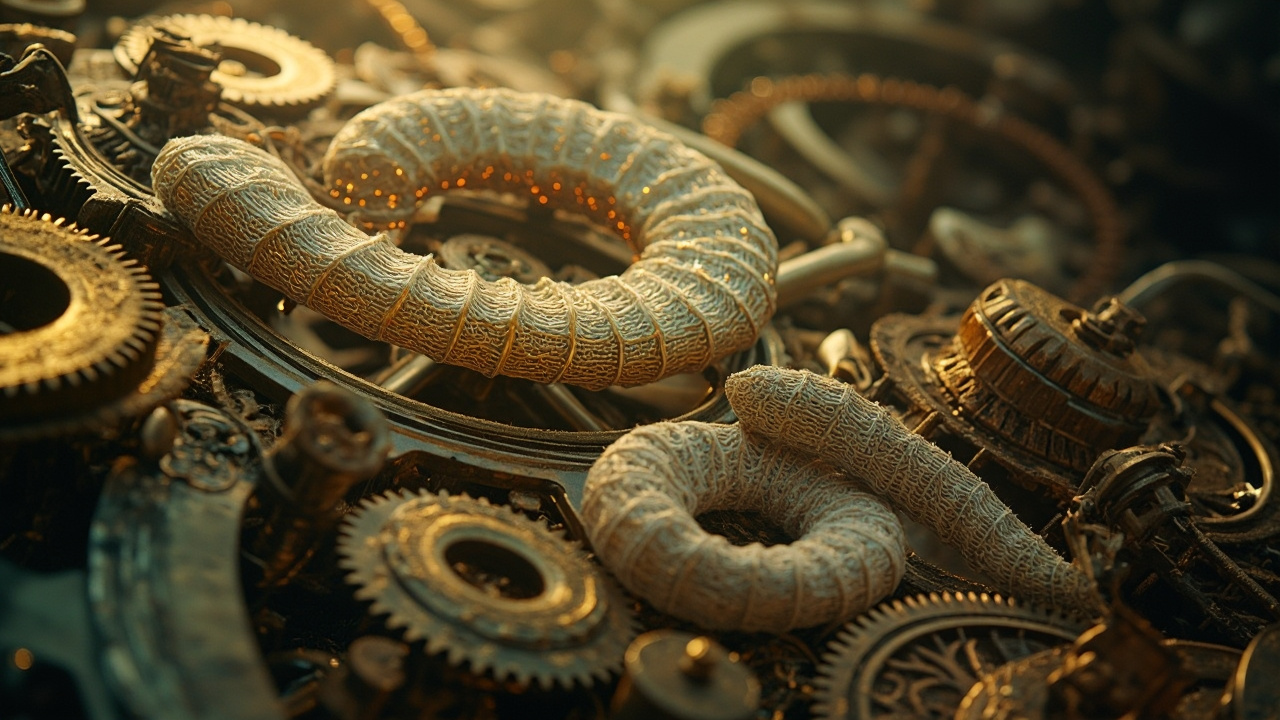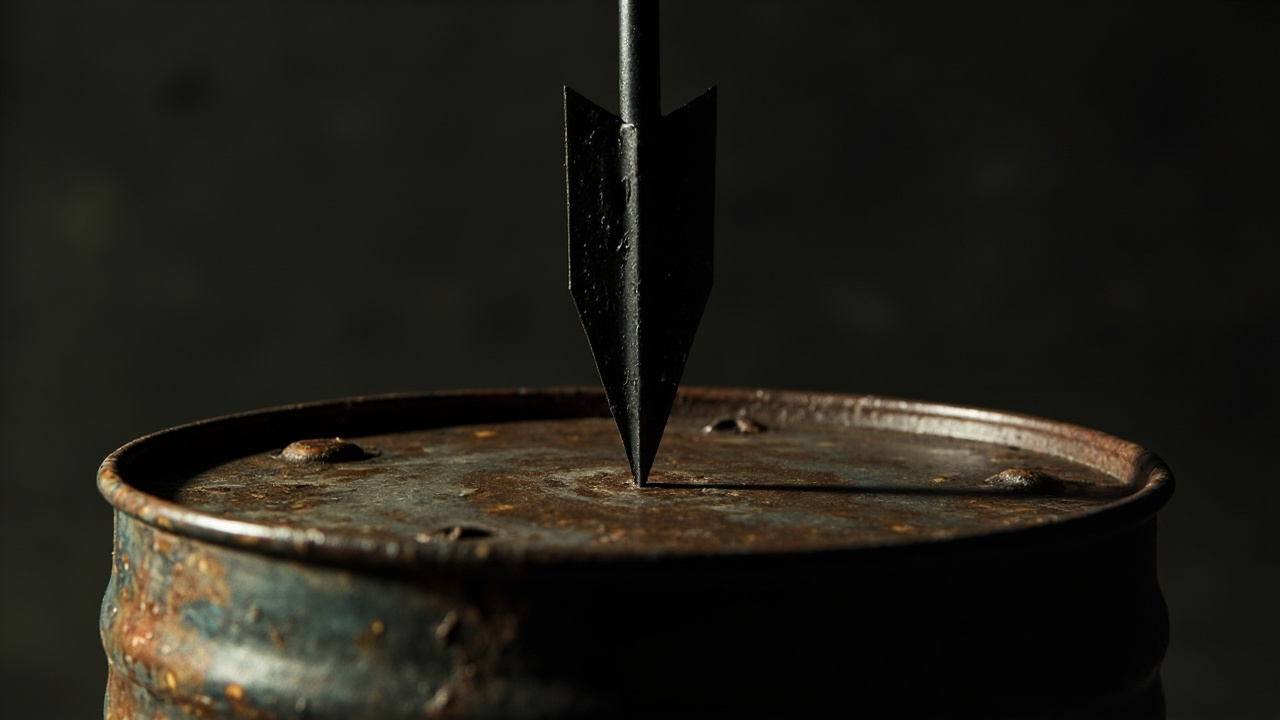Disney, Universal sue Midjourney for unlicensed use of Star Wars, The Simpsons, and more

The recent lawsuit filed by Disney and Universal against the AI image generation company Midjourney marks a pivotal moment in the ongoing dispute between technological advancement and intellectual property rights. This case not only raises critical questions about copyright infringement but also reflects the increasing friction among traditional media entities in the face of rapid technological evolution. For investors and stakeholders within both the entertainment and tech sectors, the outcomes of this legal battle could usher in significant regulatory changes that may reshape the landscape of AI innovation.
At the core of the lawsuit is the accusation that Midjourney has developed its AI tool by utilizing and distributing images that replicate iconic characters from beloved franchises such as Star Wars and The Simpsons without appropriate authorization. Disney and Universal assert that Midjourney represents a "copyright free-rider" which threatens the incentives enshrined in U.S. copyright law—a framework designed to protect the economic rights of creators. The studios further claim to have made attempts to address the issue directly with Midjourney, only to be met with disregard. This situation mirrors historical precedents from the 2008 financial crisis, where lack of substantive regulation led to unchecked market behaviors, a trend that could repeat if policymakers underestimate the implications of AI technology on established industries.
Furthermore, the lawsuit underscores broader themes of creativity, copyright protection, and corporate responsibility. As Horacio Gutierrez of Disney outlined, there is potential for AI technologies to enhance human creativity, yet the challenge lies in delineating legitimate innovation from piracy. This is a dilemma many sectors face when integrating advanced digital tools into existing frameworks. How might this legal action impact future corporate strategies among content creators and technology firms? Investors should consider that while the ongoing litigation could set a precedent, a failure to establish clear guidelines around AI usage might lead to unintended consequences, stifling innovation from both sides. Balancing the scales between innovation and intellectual property protection will require nuanced regulatory oversight, presenting both risks and opportunities for institutional investors.
In conclusion, the ramifications of the Disney and Universal lawsuit against Midjourney extend beyond immediate financial impacts, reflecting a critical junction in the evolution of copyright law amid rapid technological progress. As various stakeholders navigate this evolving landscape, the decisions made in court could either foster a collaborative environment between creative entities and technology innovators or entrench barriers that hinder creative advancement. It poses an essential question: Will the aspiration for creativity be snuffed out under the weight of stringent regulations, or will a new equilibrium be struck that recognizes the value of both creators and innovative technologies?
Read These Next

Trump-backed Newborn Savings Accounts: A Critical Analysis of 'Trump Accounts'
This commentary analyzes the recently proposed Trump Accounts aimed at providing newborns with government-backed savings accounts. It evaluates the potential benefits of the initiative, critiques its sustainability against fiscal challenges, considers alternative approaches, and calls for a broader dialogue among stakeholders regarding the long-term implications of such policies.

Silk Culture Embraces Intelligent Manufacturing Innovations
Wujiang district is launching smart textiles that blend silk heritage with modern tech, aiming for a high-end sustainable market.

US Crude Oil Inventories Drop 3.644M Barrels for June 6 Week
US crude oil inventories dropped by 3.644M barrels for the week ending June 6, 2025, amid rising demand and supply regulation.
